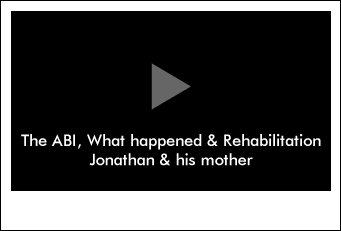- SELF STUDY MODULES
- 1. Intro to TBI
- 2. Communication
- 3. Skills for independence
- 4. Cognitive changes
- 5. Behaviour changes
- 6. Sexuality
- 7. Case management (BIR)
- 8. No longer available
- 9. Mobility & motor control
- 10. Mental health & TBI:
an introduction - 11. Mental health problems
and TBI: diagnosis
& management - 12. Working with Families
after Traumatic Injury:
An Introduction - 13. Goal setting
- 12.0 Aims
- 12.0A Take the PRE-Test
- 12.1 Why is working with families important
- 12.2 What is the adjustment experience for families
- a) The journey
- b) The challenges
- 12.3 Principles and skills
- a) Partnering
- b) Whole of family
- c) Family reactions
- d) Respect
- e) Empowering
- 12.4 When to get help
- 12.5 Take home messages
- 12.6 Resources
- 12.7 Take the POST-Test
12.5 Take home messages
Take home messages
- Families can be a great resource and provide much support
- A strengths perspective focuses upon the strengths and resilience of a family member, rather than their weaknesses or flaws
- Taking a strengths perspective will change how staff view a family member’s situation
- Listening to a family member and understanding their feelings and experiences will help staff to respond with empathy and work effectively with both a client and their wider family support system
- Staying neutral is very important!
- Staff should seek specialist help for family members when it is required
Angela (1 min 24 sec)
The video may take a few moments to load.

